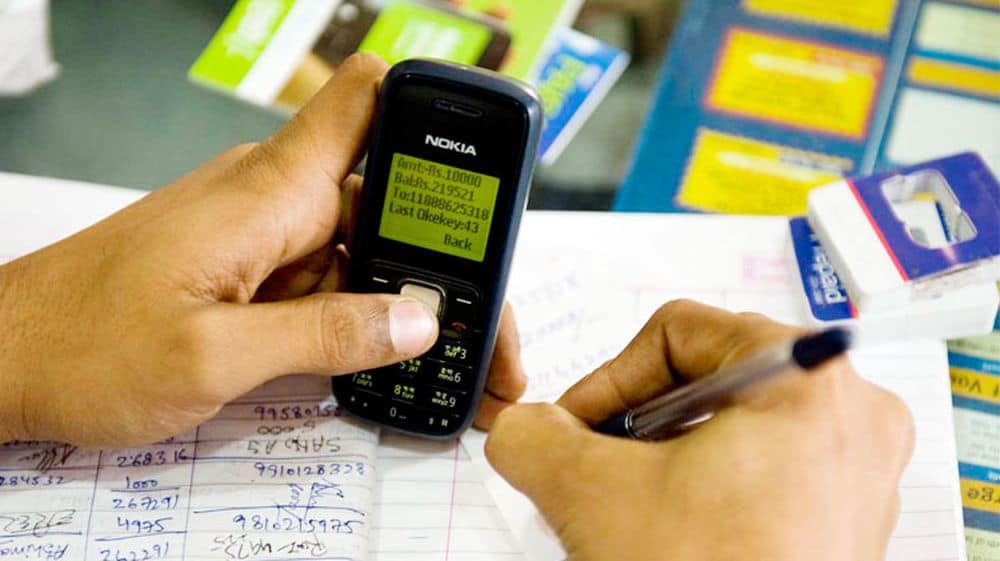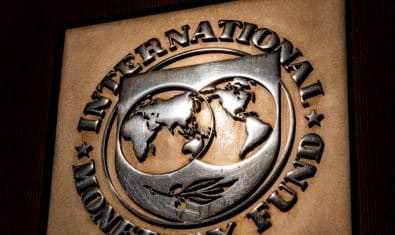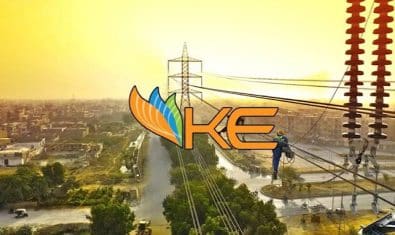By Naseer Muhammad
Economic intellectuals in Pakistan are endorsing cashless payments and transactions. So, this is the right time for us to have a debate on whether a cashless economy is good or bad for the country.
Debit cards, e-wallets and other digital platforms are observing an increase in volumes. But are we fully equipped to make the switch to a society with less-cash? How are we going to change the mindset of the common man? How are we planning to address the trust issues of people when it comes to government and third parties managing their financials? Are we aware of the risk when comes to information security and cybercrime? I think, “No” we are not ready yet.
Going cashless can fix a lot of problems in our economy. It can apply some patches and bring the sinking economy to the surface. All transactions can be tracked and maintained for audit purposes, so it will be easy for authorities to chase money launderers and corrupt elements. It can also help in controlling the flow of money.
All businesses whether small or big will come under the tax net. One of our friends explained a lot of pros of a cashless economy and highlighted the benefit of using E-wallets in a blog. But we are not looking at the other side of the coin, are we ready yet? Are we missing the cons of going cashless?
Relevant authorities like the State Bank and Federal Board of Revenue must make a detailed plan if they are planning a massive switching towards a cashless economy. Below are some points which should be considered before we go cashless.
The demography of Pakistan is a bit complex; people with a good academic background will still prefer to follow the old-fashioned process of payments. It is very difficult to persuade people with such a mindset to adopt digital ways of managing money.
Banks are the biggest hurdle in changing the behavior of consumers. I mentioned in my last article that banks are not transforming themselves to meet the pace of current marketplace trends. New fintech companies are filling the gap, and normal people would not easily trust a new player in the market until it creates a good repute.
People prefer to keep a huge sum of cash at home instead of banks as it gives them a peace of mind as it can be used in case of emergency. Hospitals, schools and other such organizations prefer to get a cash payment as they can hide themselves from tax.
More than 60% of the population lives in remote and rural areas. People in villages and rural areas will face a lot of hurdles if they go cashless. Vendors and merchants might not afford to get POS devices as their volume of business is very small. Government and NGOs might have to subsidize the structure for them to adopt the new ways in trading. A lot of the workforce, labors and daily wage workers are getting salaries in cash, as they don’t even have banks accounts. A lot of small employers prefer cash salary disbursements as they cannot be tracked by FBR and FIA for tax collections.
There are a lot of fraudulent groups active in Pakistan which are misleading people to get their important and valuable information. They use the names of Benazir Income Support Program, Jeeto Pakistan and other such schemes to trick people. Relevant authorities are not putting any substantial efforts to eliminate such elements which creates a lot of trust issues amongst people. There are a lot of cases where these groups tricked people to get ATM PINs, wallet PINs and to get free Airtime or transfers. We should first create awareness to handle the change. There is a need to train and guide normal people to be aware of such activities as this will also improve the trust issues of the common man
Another important question which arises is that, are banks and fintechs ready to ensure the level of security required to run a digital financial platform? It is very important for us to understand as recently a lot of banks got affected due to a data breach and billions of rupees vanished from consumers’ accounts. Thousands of people were affected due this as their credit/debit card data was stolen and used throughout the world. This indicates that we are not yet ready on technical grounds. We are not fully following the guidelines required to set up a payment or banking systems. State Bank and FIA should compel banks and fintechs to adopt the latest technologies to avoid cyber risks.
Technology is a good option to make processes easier but it can become harmful if not handled properly.



























This felt more like an essay than a news article
This was indeed not a news. An opinion, you can call it.
Pakistan can never go cashless until PayPal is launched.
Sound like a noiseless fart. Phisssss